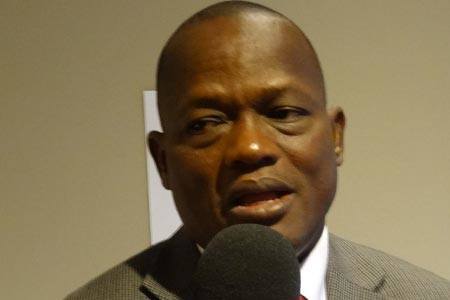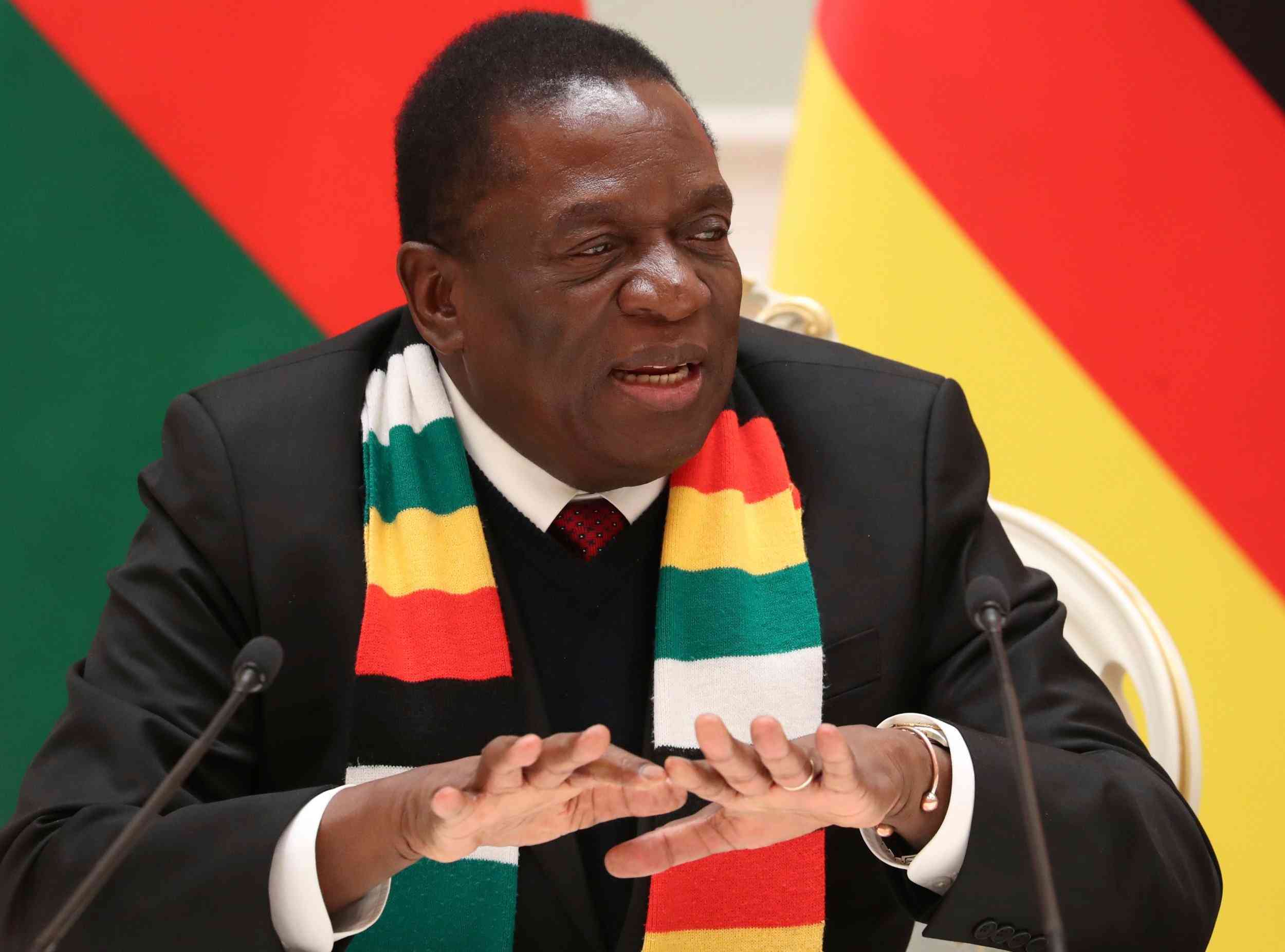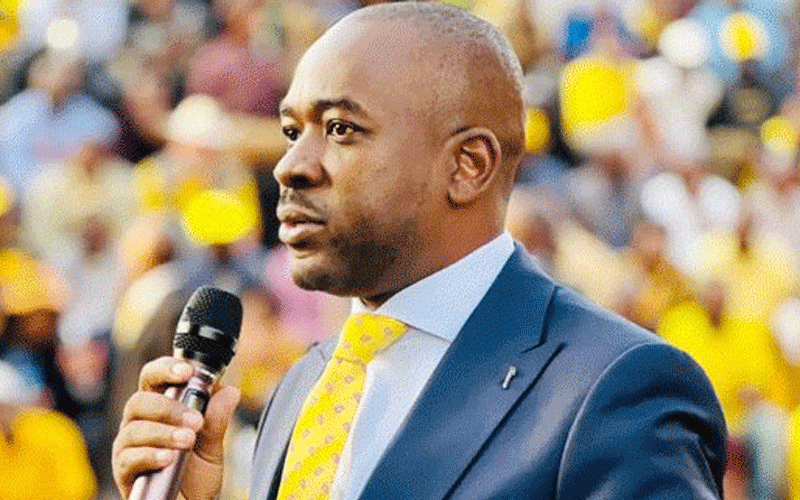
POLITICAL leaders and individuals evading justice despite committing serious crimes now risk prosecution outside the country as efforts are being made to mobilise International Criminal Court (ICC) member states to act against impunity.
BY PATRICE MAKOVA
Immunity has become a fundamental problem in Zimbabwe as little or no action has ever been taken to bring to justice perpetrators despite calls for accountability for past abuses.
Shadowy groups such as Mbare-based Chipangano continue to terrorise people with no action being taken against them, while the masterminds of the 2008 elections violence have remained untouched.
The country is not a signatory to the Rome Statute which set up the ICC in 2002. The ICC is the court of last resort and acts when a country is unwilling or unable to prosecute crimes of concern to the international community namely genocide, war crimes and crimes against humanity.
But experts who attended the recent ICC Assembly of Parties (ASP) in The Hague recently said Zimbabwean nationals who commit serious human rights abuses taking advantage of the fact that the country is not a signatory, will not be protected for long.
The warning comes at a time Zimbabwe is preparing to hold elections, a period normally associated with widespread political violence, including murder and torture.
Professor Max du Plessis of the Institute of Security Studies in Pretoria said Zimbabwean suspects were now liable for prosecution in neighbouring countries such as South Africa, Namibia and Botswana which are ICC state parties.
- ICC upholds 25-year jail term for Ongwen — why it matters for Africa
- Conceptualising the competence of international system in Afrocentric lenses
- Untangling legacies of imperialism in modern Africa
- World View: Sudan: The thieves fall out
Keep Reading
He said this follows a successful court application by civil society organisations for the investigation of officials accused of torturing opposition supporters during the 2008 elections.
“The NGOs were vindicated in their efforts,” said Du Plessis. “A judge ruled recently that there has been a failure under the law. He said there was a complementarity obligation on the part of the South African government to institute investigations to ensure that the perpetrators are brought to justice.”
He said under a similar principle, former Madagascan leader, Marc Ravalomanana, Sudanese President Omar Al-Bashir and Israeli officials also face arrest in South Africa for crimes against humanity.
Parliamentarians For Global Action director, David Donat-Cattin said it was of importance that after a few years of transition, Zimbabwe signs the Rome Statute to reinforce the political reforms taking place in the country.
“Ratifying the Rome Statute is a good signal that the country is on the right path of reforming its institutions. This will also ensure that there will be no impunity when certain crimes are committed,” he said.
Coalition for the International Criminal Court (CICC) Africa coordinator, Francis Dakor said the persistent political turbulence and rampant human rights violations were the main reasons why the government was refusing to ratify the treaty.
“The Zimbabwe government should be on the side of those fighting impunity and the way to go is to join the ICC,” he said.
But Africa is divided over the role of the ICC, with some countries accusing it of bias and refusing to cooperate. This has allowed the culture of impunity to take root, undermining efforts to secure peace and stability.
One of the glaring examples is the case of President al-Bashir of Sudan who continues to travel to other countries despite an ICC warrant of his arrest on allegations of committing war crimes and genocide in Dafur.
Du Plessis stressed the importance of correcting the perception that there was bias towards the prosecution of cases in Africa while neglecting similar violations by countries such as Israel.
“The fact remains that there is a perception that the ICC is evidence of what Africans had suspected, even feared, all along —that the ICC would be used by the powerful in their own interests against the developing world,” he argued.
ICC chief prosecutor, Fatou Bensouda said mechanisms that operate independent from the criminal justice system could make perpetrators accountable. These include transitional justice mechanisms such as truth commissions, like the one set up in South Africa when apartheid was disbanded.
Major powers still to ratify Rome Statute A total of 33 African countries have ratified the Rome Statute which set up the ICC.
Angola, Cameroon, Ivory coast, Eritrea, Guinea, Mozambique, Sao Tome and Principe and, Sierra Leone, Sudan and Zimbabwe signed the Rome Statute in 1998, but have not ratified the treaty.
Major powers such as the United States and Russia have also not ratified the treaty.
‘ICC must prove its independence’ An academic, Dire Tladi said there was a need for the court to pay particular attention to issues providing ammunition for anti-ICC sentiments.
“The court should remain an independent dispenser of justice ensuring accountability regardless whether the atrocities were committed by those on the right or wrong side of history,” he says. “This is critical for the credibility and legitimacy of the court.”
Justice and Legal Affairs minister Patrick Chinamasa a few months ago ruled out Zimbabwe ratifying the Rome Statute, accusing the ICC of deviating from its original mandate and using it in a discriminatory manner to punish leaders from developing countries.
But ICC spokesperson, Fadi El Abdallah dismissed suggestions that the court was biased.
He said most of the cases it was handling were referred by African leaders themselves. These include cases referred by the Democratic Republic of Congo, Uganda, Central Africa Republic and Ivory Coast. The Libyan and al-Bashir cases were referred by the United Nations Security Council.
He said even if Zimbabwe was to become a signatory, the ICC could only investigate cases which happened after its formation in July 2002. This effectively rules out any ICC role in possible future investigation of the 1980’s killings of an estimated 20 000 civilians in Midlands and Matabeleland during an army crackdown.









